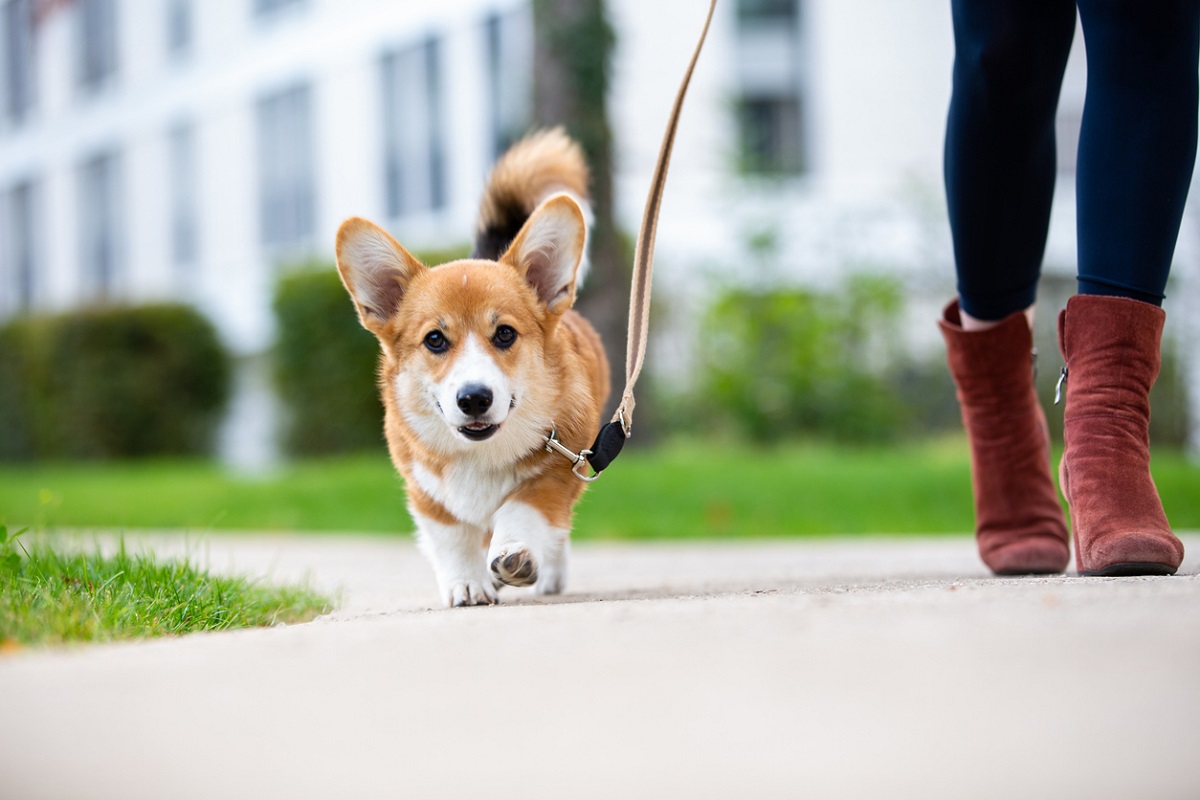‘Dog-walking’ is becoming a part-time occupation in Delhi NCR, for unemployed drivers and house-maids, who still hope to get jobs by remaining visible in largely middle-class neighbourhoods, where their earlier employers, fearful of Coronavirus contagion, disengaged them. They wash cars, do grocery and vegetable shopping for homemakers, wary of venturing to crowded markets. Those who employed the drivers became wary from March 2020 of being closeted with them in the limited confines of a car.
The drivers came to work from congested localities where the contagion had spread rapidly due to initial ignorance. ‘Dog-walking’ is more than a toilet break. According to ‘pet doctors’, it is a time for exclusive companionship between a family member and the pet – a very special occasion for a dog, to be outside, to sniff, smell and to look around. It’s an excursion they look forward to. They don’t want to be stuck in a room all day with their legs crossed, waiting to have an “outing.”
Advertisement
Getting out of the restricted confines of homes – particularly apartments – means so much to the dogs out for a stroll, that some are reluctant to lose their brief spell of liberty, and sit down when children accompanying them turn homewards. They remain immovable in silent protest to stay out in the open air. In well-to-do-localities, residents have to be phoned to bring out the family cars and physically lift the sulking brats into them, instead of dragging the faithful pet all the way home, particularly when a collar hurts more than a harness.
There is a look of a petition in the dogs’ eyes when their body clock tells them it is time to go for an outing. Their relief and exhilaration is rewarding to see when the harness is picked up and the leash attached. This excitement among dogs is similar to when they sense that their masters are coming home after the day’s work – even though their time of return may vary.
According to pet psychologists, dogs develop a form of telepathy with their masters that prompt them to wait near the front door, climb them to be patted – and jump around to greet their homecoming. While householders like the unfailing loyalty and affection of a pet that tends to be where the rest of the family is present, taking the dog out for a run in a park or at least for the essential daily constitutional twice or thrice a day by a member of the family, gives them exercise too.
Dogs should get at least 30 minutes of exercise a day, according to United Kingdom’s Kennel Club. Yet at times this feels like a chore and increasingly relegated to drivers and part-time maids. In America, Canada and Britain, working couples struggling with children, have for long found it convenient to engage girls from Kazakhstan, Turkmenistan, Uzbekistan, and neighbouring lands, for a year or two, to baby-sit, mind active children going out to play, be of general help in house-keeping, besides taking the dog out.
Like au pair girls flocking to Britain for the summer months from countries in Europe to learn English, these girls – many of them college graduates – from the Central Asia’s erstwhile Soviet republics, keen to learn English, readily go for such duties to explore educational opportunities – and widen their experience to enhance wedding prospects, as there are many more girls than boys in these countries. The Western exposure helps the girls acquire some sophistication and wider perspective beyond their Turkic-Mongol tribal upbringing.











